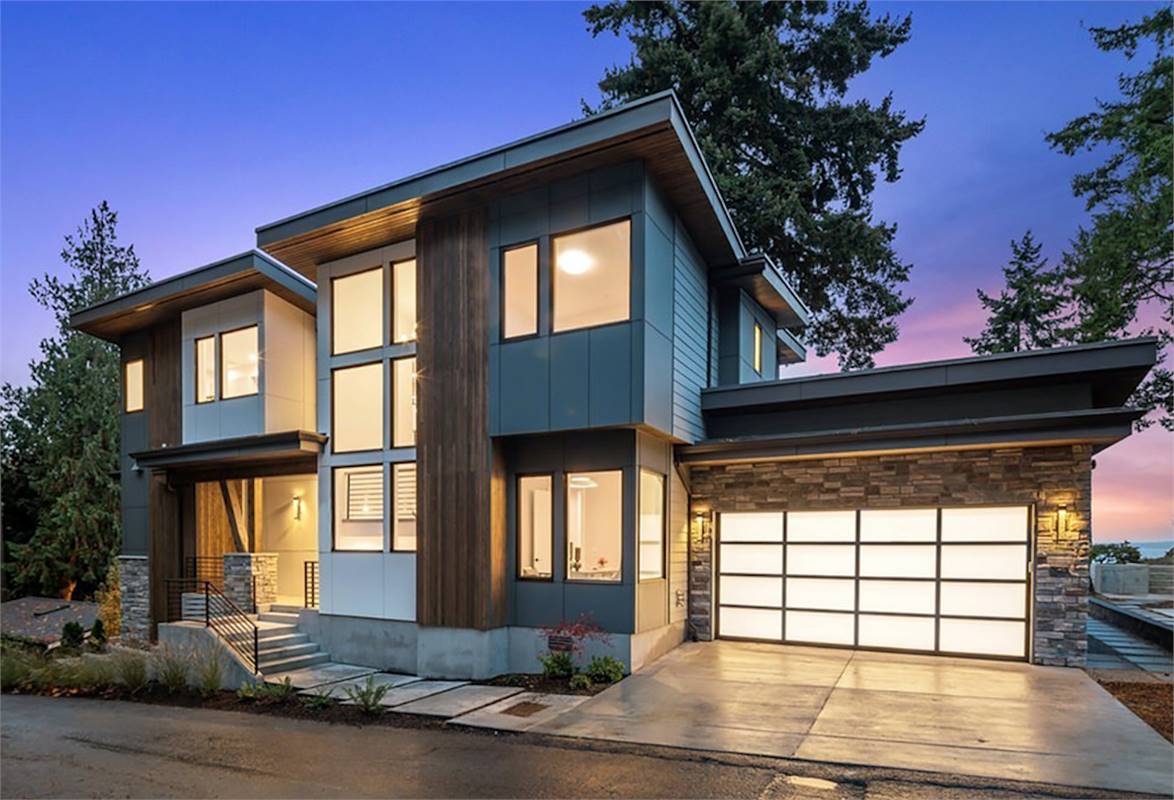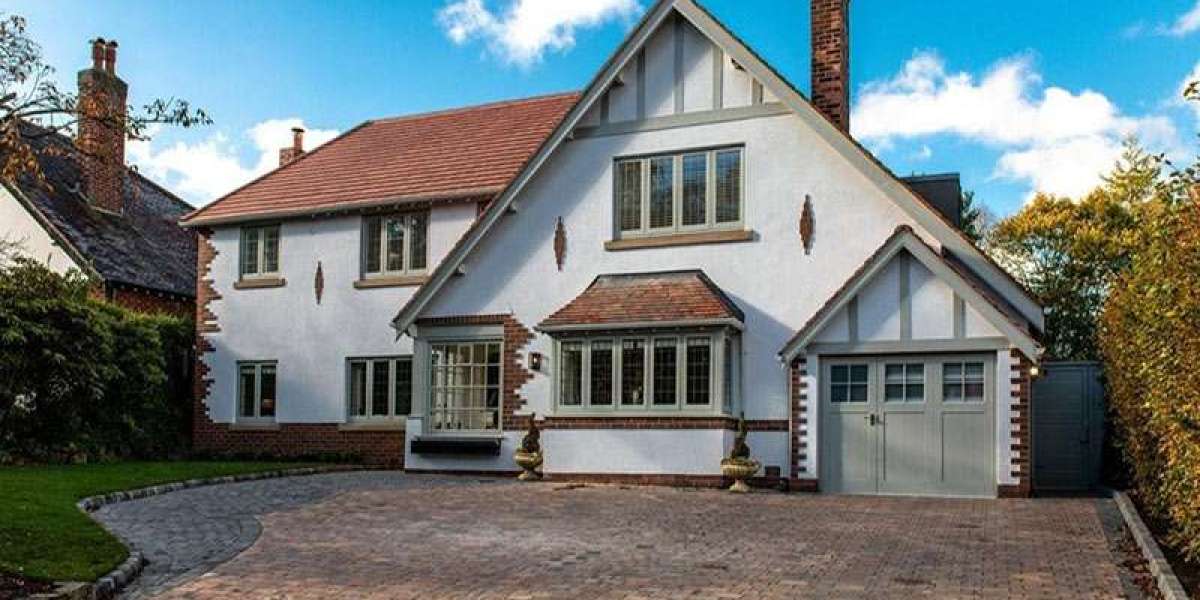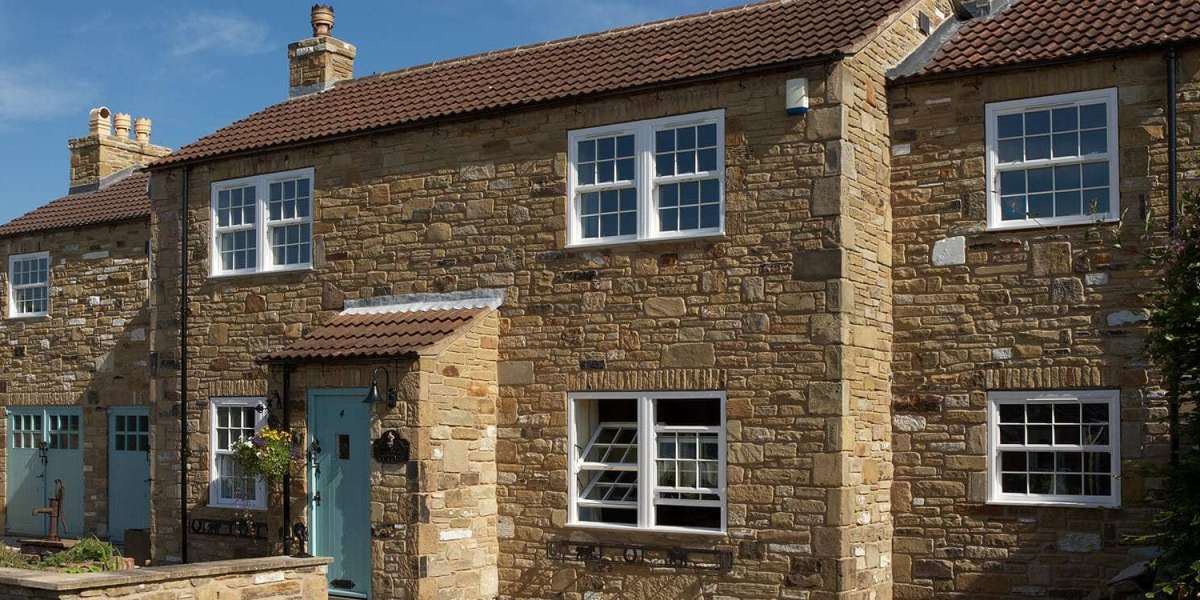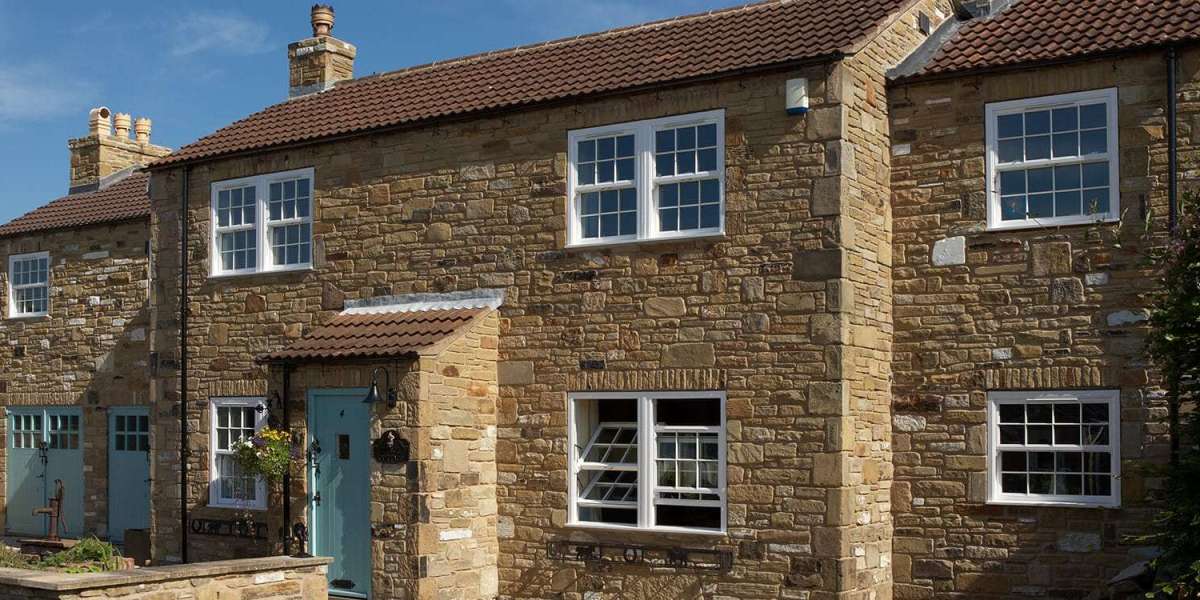What Is an REO Residential or commercial property?

MoneyTips Writer
Ready To Buy a Home?
Get Approved to Buy a Home
Rocket Mortgage ® lets you get to house hunting faster.

Rocket Mortgage, LLC has a company relationship with LMB OpCo LLC d/b/a Core Digital Media, who is the owner of MoneyTips.com. The nature of the relationship is Rocket Mortgage, LLC, and LMB OpCo LLC are owned, directly and indirectly respectively, by RKT Holdings, LLC.
A property owned (REO) residential or commercial property is a listing that was foreclosed on and stopped working to offer in the auction stage. It's now owned by a mortgage lending institution, mortgage financier or bank that wishes to offer it as quickly as possible.
These bank-owned residential or commercial properties can differ considerably from captivating and quaint to collapsing mold-filled frames. But individuals often consider purchasing REO residential or commercial properties since they're looking for a diamond in the rough. If you're the type of person who sees possible all over you look, REO residential or commercial properties are an unique method to start investing in residential or commercial properties, flipping homes or perhaps repairing what will be your dream home.
We'll check out in this post what you'll require to know to get the best worth on an REO residential or commercial property and how to secure yourself from purchasing a money pit.
How a Residential Or Commercial Property Gains REO Status
A home goes through a number of actions before it's officially an REO residential or commercial property. Let's take a look at the actions and identify how a home makes it through the foreclosure procedure and winds up labeled as REO.

Payment default
It all starts when the owner of the residential or commercial property defaults on their monthly mortgage payments. Lenders normally give borrowers a grace period of 2 - 3 months, however if the payments aren't made within the grace period, the loan provider will provide a notice of default.
Notice of default
This notice specifies just how much the customer owes and sets a due date for them to pay back the missed out on payments and return on schedule.
Notice of trustee sale
If the customer stops working to satisfy these needs, the home becomes a foreclosed residential or commercial property. The lending institution sends out a notification of trustee sale to the debtor and to the county clerk who will market the residential or commercial property for sale.
The trustee sale, or foreclosure action, is a public auction, where potential buyers can concern bid on the residential or commercial property.
Trustee sale
At the trustee sale, the opening quote is set by a neutral 3rd party, usually an escrow company. The quote is a reasonable price that covers existing payments or liens on the home. If somebody purchases the home at the trustee sale, it's theirs.
Home becomes REO
If nobody purchases your home at the trustee sale, then the mortgage loan provider or monetary organization gets ownership. Here's where a home can end up being an REO residential or commercial property.
The bank or lender will wish to sell your home as quickly as possible, so they'll relist it and try to offer it in this manner.
As you can see, REO is not the exact same as a foreclosure. REO residential or commercial properties have actually gone through the foreclosure process but failed to sell in the auction. At that point, the lender or bank owns the residential or commercial property and has listed it for sale.
What To Consider Before Buying an REO Residential Or Commercial Property
Initially glance, buying an REO residential or commercial property may look like a strong lower-cost investment. But know, there's a lot to consider before you invest. Each REO residential or commercial property is unique and you owe it to yourself to look at the pros and cons of each REO residential or commercial property to determine if one is the best suitable for you.
Buying an REO home can be good if you have a low spending plan. However numerous REO residential or commercial properties need repairs, so study the condition of the residential or commercial property closely to guarantee less surprises about possibly costly repair work.
Pros of REO residential or commercial properties
There are lots of benefits to purchasing an REO home that make them attractive to potential purchasers. Here are a couple of typical ones:
Quick sale: Lenders and banks are extremely motivated to offer their REO residential or commercial properties since holding them increases fees. Thus, they're trying to find a fast sale and will help shepherd prospective buyers through the closing process.
Budget friendly: Because the bank is not seeking to earn a profit, but rather simply to get the residential or commercial property off their books, REO homes are usually priced far below market price and can be great for little budgets.
High Return: If you're searching for a financial investment residential or commercial property to flip and lease, then look no even more. Because REO residential or commercial properties are cheap, with some repairs, you can typically rent or sell them to create a higher profit than if you 'd bought a basic home on the market.
Cons of REO residential or commercial properties
There are also a few risks to view out for when purchasing an REO residential or commercial property. Here are the most common ones:
Sold as-is: Most REO residential or commercial properties need repair work and are sold as-is, meaning the bank will not make any of the repairs. So, repairs become the purchaser's duty. While this might suggest your house is less expensive, you could wind up paying a lot for repairs.
No Seller Disclosure: Because the seller is a bank instead of a specific property owner, they don't always know if there's anything incorrect with the residential or commercial property. Plus, they're not required to provide a Seller's Disclosure detailing any concerns.
Potential liens: The previous owner might have owed residential or commercial property taxes or had other liens on the house. If you purchase an REO residential or commercial property with liens, you might be responsible for pleasing those liens.
More competition: Many genuine estate investors and home flippers understand that REO residential or commercial properties can be of excellent value. Because of this, banks frequently get a great deal of offers on these homes, so you'll require to be prepared for some major competition.
Possible occupants: The 2009 Protecting Tenants at Foreclosure Act (PTFA) needs offering any tenants that presently stay in the residential or commercial property a 90 days' notification to move. [1] So if the foreclosure is quick, there might be people still living in the home, which might delay closing.
How To Buy an REO Residential Or Commercial Property
Buying an REO residential or commercial property is comparable to other home purchases, however with a couple of extra steps. However, given that REO residential or commercial properties aren't being offered by a seller who has experience with the home, you'll need to double-check a few things to make certain you're getting the best value for your money.
The tricks are understanding how to find them, getting a comprehensive home assessment and performing a title search.
Find an REO residential or commercial property you like
First off, discovering your rough diamond. There are a couple of ways you can find REO homes for sale, however the top 3 are:
- The several listing service (MLS), a national database for connecting purchasers and sellers
- Federal listings, like the Department of Housing and Urban Development, will list homes that are REO but handled through federal government lending institutions
- Local banks that briefly handle and dispose of REO residential or commercial properties
Hire a property agent with REO experience
While it may be appealing to take on the process by yourself, having an experienced purchaser's representative at hand can make the difference in between purchasing a cash pit and making a strong financial investment.
Look for a genuine estate agent who has experience with REO homes and who can support you through the procedure. Your representative will help you with each action and be the liaison in between you and the bank or mortgage lender.
Don't skip the home examination
Because the bank or mortgage lender owns your house, they are not responsible for any repairs or required to offer you a Seller's Disclosure explaining what's wrong with the residential or commercial property So, it's up to you, the purchaser, to find and handle anything that needs repairs or remodellings.
This makes the home evaluation important since it assists recognize exactly what needs repairs and what those repair work could cost. This, in turn, allows you to budget plan for the repairs and determine whether the residential or commercial property really is a great investment.
Perform a title search
Since the bank owns the REO residential or commercial property, they won't necessarily know the residential or commercial property's history or even if the previous owner had full legal ownership.
A title search crawls through public records to confirm that no one else has any right or claim to the residential or commercial property. The last thing you want is to buy a residential or commercial property that has unsettled residential or commercial property taxes or other claims to your house.
You could even take it one action even more and safeguard yourself by buying a title policy. Title insurance coverage assists to mitigate any claims or liens that may develop in the future.
Is an REO Home Right for Me?

REO residential or commercial properties can be an appealing way to get a low-cost home, purchase an investment residential or commercial property or get a home to flip. But, you have to enjoy out for a few mistakes. If you deal with an experienced property representative and focus on the title evaluation and house assessment, you need to be great to go.
Enjoy shopping for homes that may be your next covert diamond.
Take the first action toward buying a home.
Get authorized. See what you certify for. Start house searching.
Share Article
The Short Version

- REO is not the like a foreclosure. REO residential or commercial properties went through the foreclosure procedure and didn't sell in an auction, which implies the lending institution or bank owns the residential or commercial property.
- Buying a realty owned (REO) home can be good if you have a low budget plan. Most residential or commercial properties require repairs, so study as much as ensure they are best for you
- Buying an REO residential or commercial property is similar to other home purchases. The tricks are in understanding how to find them, getting a thorough home examination and performing a title search
On This Page Jump toClose
Sources
FDIC. "TITLE VII-PROTECTING TENANTS AT FORECLOSURE ACT" Retrieved Feburary 2022 from https://www.fdic.gov/news/financial-institution-letters/2009/fil09056a. pdf
You Should Also Check Out ...
Our group of monetary specialists write, review and validate content for precision and clarity.
Think of our writing group like your Yoda, with expert financing recommendations you can rely on. MoneyTips explains concepts simply, without bells and whistles or rule, to assist you live your best financial life.








